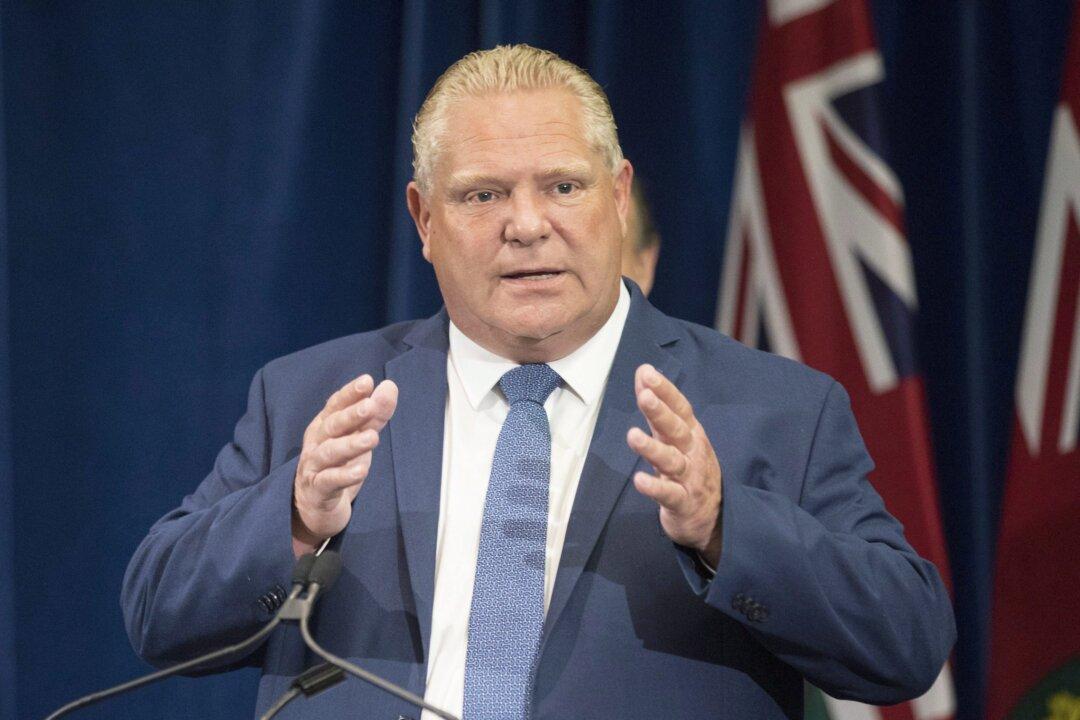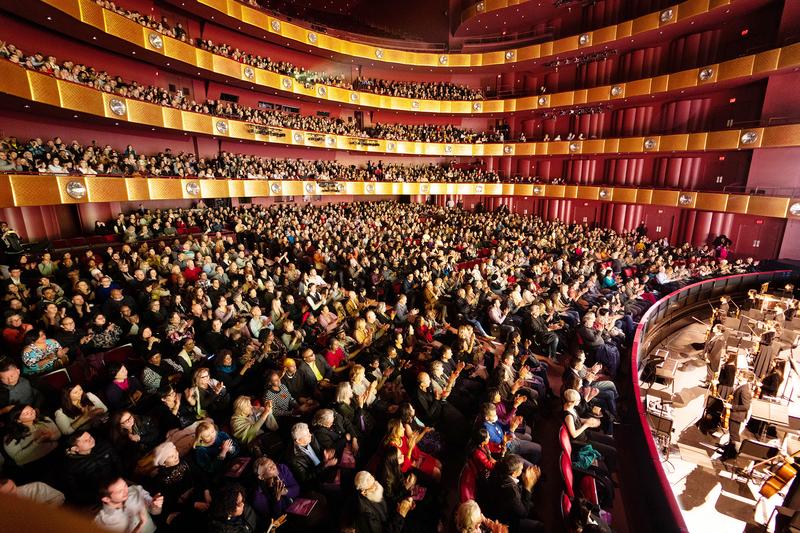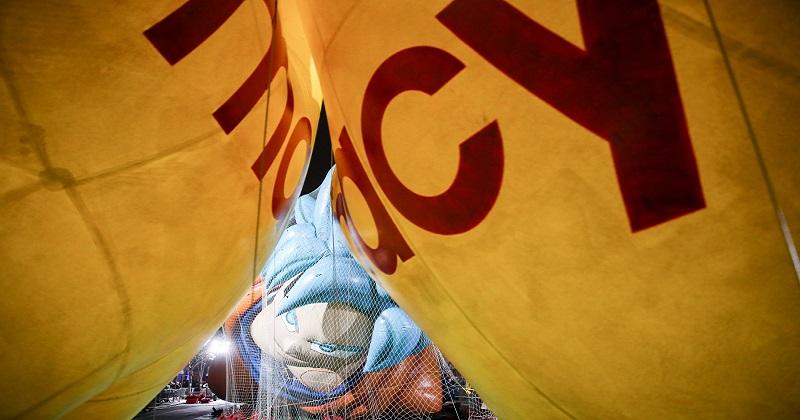Ontario Premier Doug Ford continues to face pressure from the opposition New Democrats to back down on his already fulfilled campaign promise to repeal the 2015 sex education curriculum, put in place by former premier Kathleen Wynne.
During question period on Aug. 9, NDP MP Catherine Fife accused Ford of jeopardizing students’ safety by bringing back the 1998-2015 curriculum starting in September.




